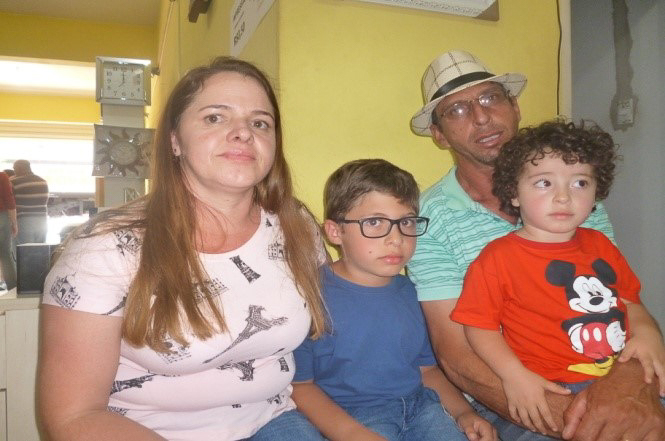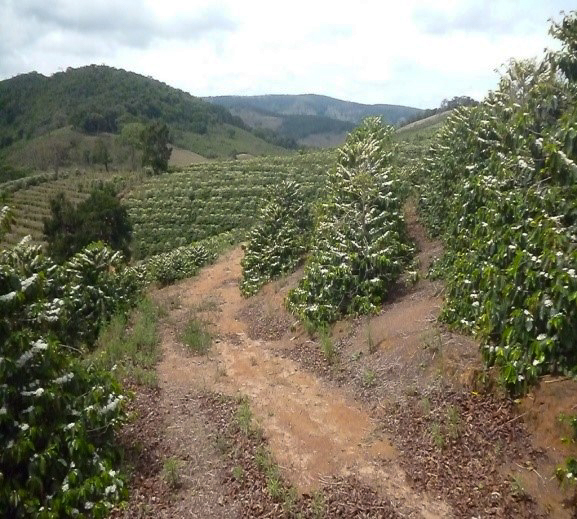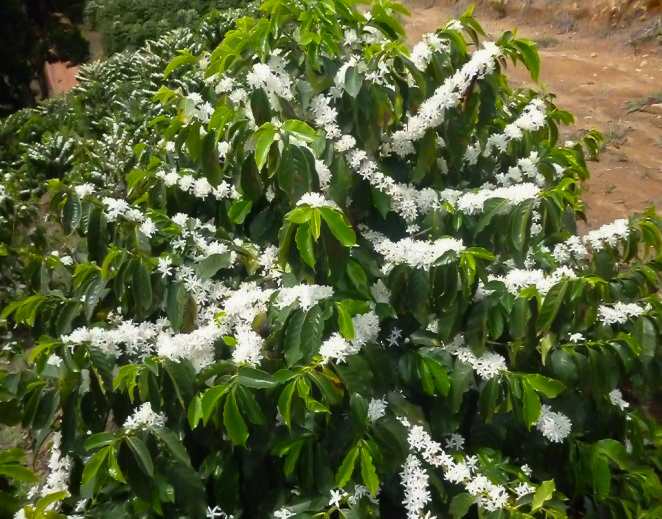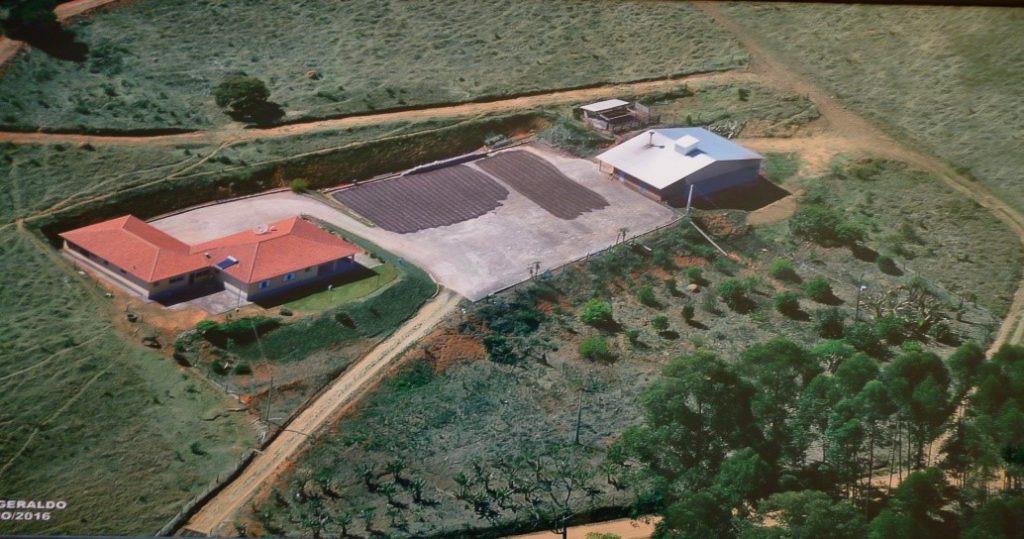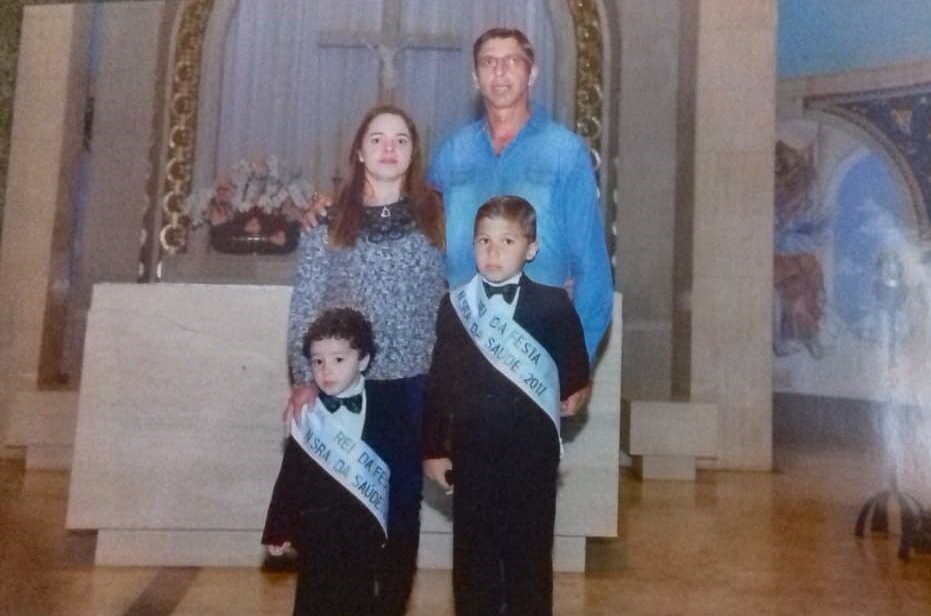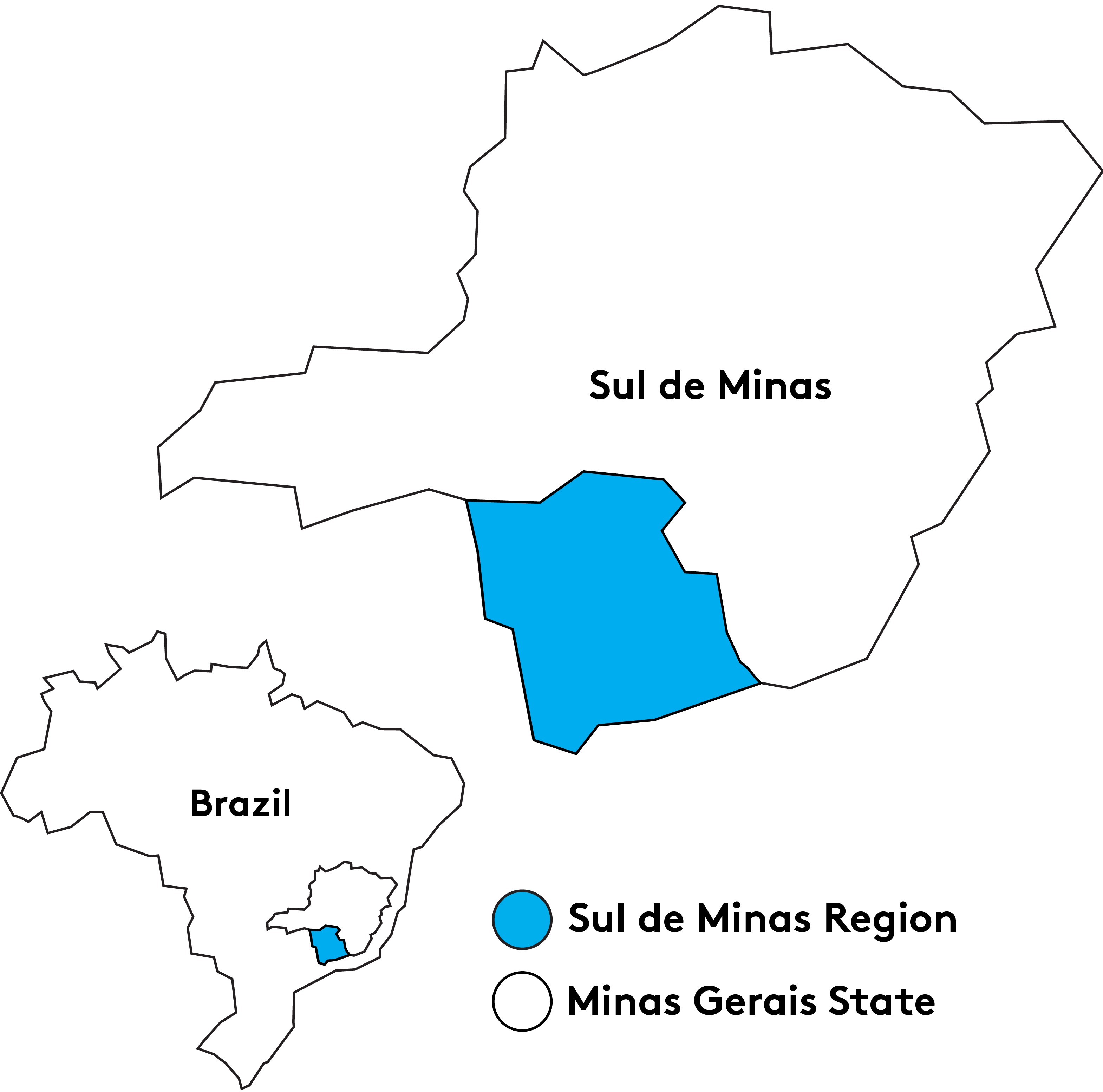Adriana Aparecida Guerra has been involved in coffee agriculture since she was small, initially accompanying her parents, who always dedicated themselves to coffee. In 2001 she married and had to work for other producers in the region.
After much hard work, in 2008 she was able to buy her own land, already in production, which she named Sítio São Geraldo/Congonhal for the patron saint of the Congonhal communitiy where she lives in the Serra da Mantiqueira mountains of Lambari, Minas Gerais.
The day to day challenges of running a farm never cease to exist, but her committment to coffee cultivation overcomes all obstacles. In the quest to add value to her coffee, Adriana strives to produce coffees of high quality, thanks in part to the farm’s higher elevation, which is favorable to specialty coffee production.
Sítio Congonhal is 15.2 hectares, with 7 hectares planted in coffee. Coffee growing is the source of income for Adriana’s family; where they sustenance, meaning and comfort; and the main gift she will leave for her children: dignity.
